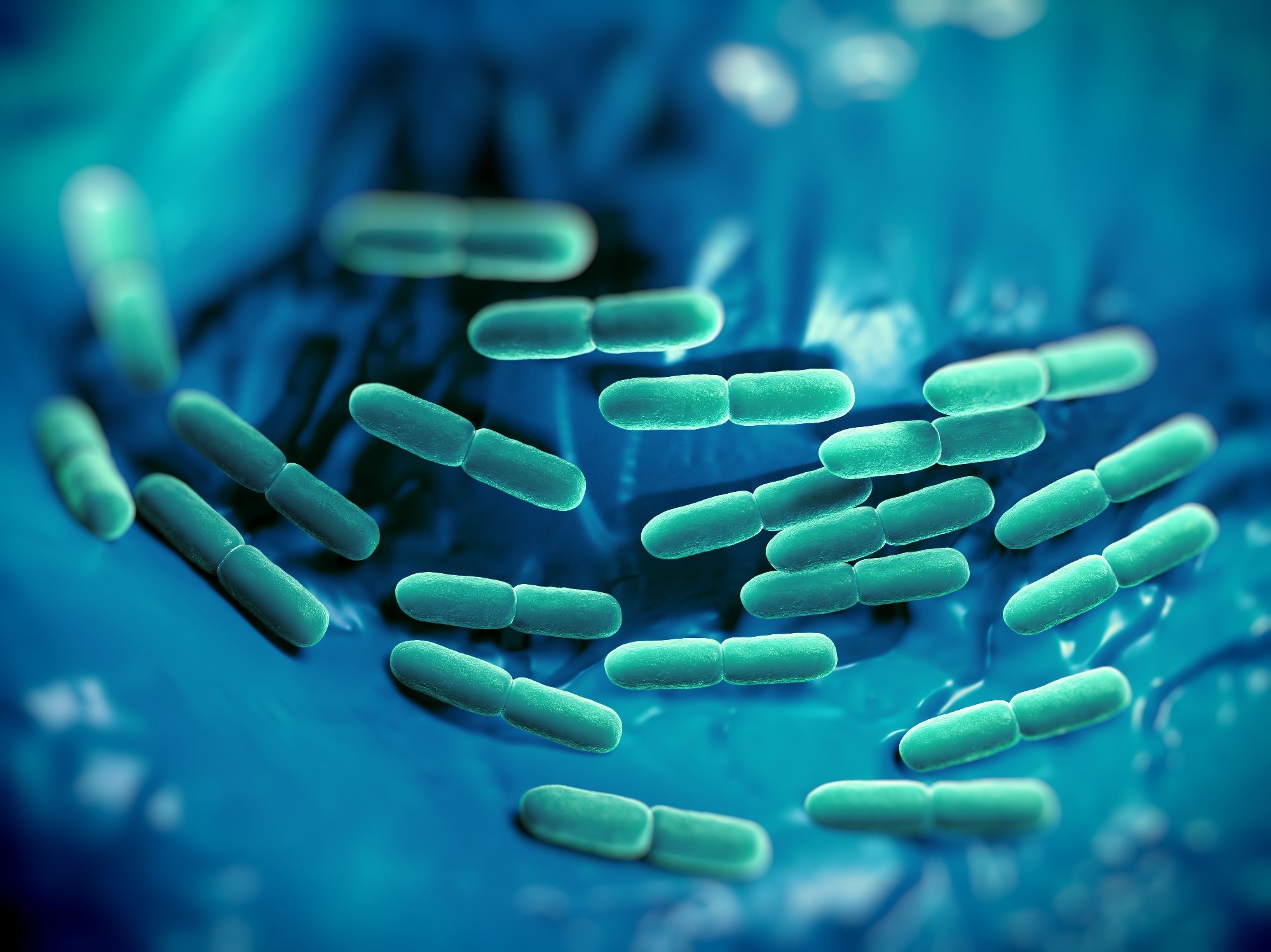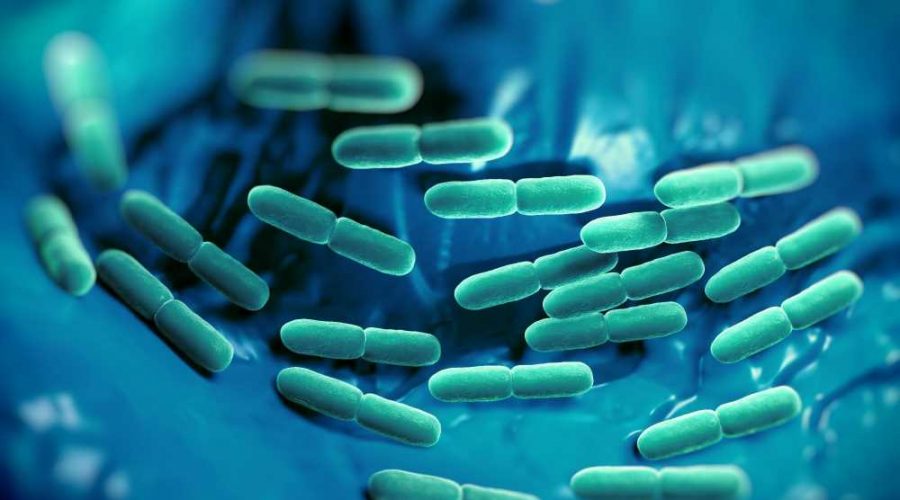Fermented dairy products can improve gut mucosal immunity
In a recent study published in the journal Immunology Letters, researchers assessed the role of fermented dairy products and dairy starters in modulating gut mucosal immunity.
The gut microbiota significantly influences the modulation of mucosal immunity and the role of the intestinal barrier. Accordingly, dysbiosis is linked to the breakdown of mucosal immunological homeostasis, which results in inflammatory bowel diseases (IBDs). In this context, probiotic bacteria can preserve internal homeostasis to promote health. Surprisingly, despite being our primary source of live and active bacteria, including lactic acid bacteria (LAB) and propionibacteria (PAB), little is known about the effects of fermented dairy products on the human gut microbiota.
 Review: Dairy starters and fermented dairy products modulate gut mucosal immunity. Image Credit: Peddalanka Ramesh Babu / Shutterstock
Review: Dairy starters and fermented dairy products modulate gut mucosal immunity. Image Credit: Peddalanka Ramesh Babu / Shutterstock
Dairy starters as single strains – In vivo effects of Streptococcus thermophilus
The majority of S. thermophilus strain research so far has been performed in colitis-related settings. Compared to a placebo, research shows that S. thermophilus YIT2001 consumption prior to colitis induction prevented colitis, decreased the disease activity index, and reduced the amount of lipid peroxide present in the colonic mucosa.
Other S. thermophilus strains did not exhibit a protective effect, demonstrating the strain-dependent nature of immunomodulatory effects. The study showed that the lower severity of colitis might be facilitated by the antioxidative activity of active strains of S. thermophilus. Additionally, S. thermophilus ST28 intake significantly reduced the generation of interleukin (IL)-17 and the proportion of T-helper (Th)-17 cells in the population of lamina propria lymphocytes in a dextran sulfate sodium (DSS)-induced colitis model. Therefore, concerning intestinal inflammation, this strain inhibits the Th17 response. Consuming S. thermophilus NCIMB 41856 delayed the beginning of colitis, lowered the translocation of bacteria into the colon tissue, and minimized clinical signs, such as gastrointestinal bleeding and body weight loss.
Another mouse colitis model used intrarectally administered trinitrobenzene sulfonic acid (TNBS) to evaluate S. thermophilus CRL803. Compared to mice with colitis without probiotic treatment, consumption of this strain has been shown to reduce histologic and macroscopic damage scores, microbial translocation to the liver, inducible nitric oxide synthase positive (iNOs+) cells in the large intestines, as well as pro-inflammatory cytokines.
S. thermophilus CRL 808 ingestion reduced induced mucositis. This comprised a decline in the diarrhea score and the repair of the intestinal architecture, while no change in cytokine levels was observed. On the other hand, a strain of S. thermophilus, CRL 415, did not display a comparable protective effect. Another investigation showed that S. thermophilus ST4 consumption benefited mice suffering from fluorouracil (5FU) mucositis by reducing body weight loss, appetite loss, and diarrhea while maintaining the epithelial structure of the colon and the small intestine and decreasing intestinal inflammation.
In vivo effects of Lactobacillus delbrueckii
It has been demonstrated that L.delbrueckii subsp. lactis CNRZ327 reduces gastrointestinal inflammation in vivo. Consuming it decreased body weight loss, microscopic and macroscopic signs of DSS-induced colitis in the digestive tract of the test mice, and increased survival. It also influences cytokine production, including IL-6 and transforming growth factor-β (TGF-β) in the spleen and IL-6, IL-12, and TGF-β in the colon. In the cecal lymph nodes, it also led to an increase in CD4+ FOXP3+ regulatory T cells. It has been demonstrated that L.delbrueckii subsp. bulgaricus prevents cancer associated with colitis. In an azoxymethane/DSS mouse model, it reduced intestine and tumor levels of cytokines such as IL-6, IL-17, IL-23, IL-1β, and TNF-β, inhibited total tumor volume and average tumor size, and decreased clinical indications of intestinal inflammation.
In vitro mechanisms of Lactobacillus delbrueckii
L. delbrueckii exopolysaccharides may also contribute to the immunomodulatory effects of this organism. L. delbrueckii and its exopolysaccharide reduce the inflammatory response that enterotoxigenic Escherichia coli causes in porcine intestinal cells. An increase in resistance to rotavirus infection results from such a treatment. L. delbrueckii exopolysaccharides affect the immunological response elicited by Toll-like receptor 3 (TLR3) activation in these porcine cells. They increased expressions of MxA, ribonuclease (RNase) L, interferon (IFN)-alpha, and IFN-β following activation with the TLR agonist polyinosinic-polycytidylic acid (poly(I:C)).
In vivo effects of Lactobacillus helveticus
By preventing mice from developing colitis caused by TNBS, L. helveticus NS8 demonstrated anti-inflammatory capabilities. It specifically prevented weight loss brought on by TNBS, decreased the Wallace score, and lessened histologic damage. The same strain was later demonstrated to inhibit colorectal tumorigenesis linked to colitis by regulating inflammatory growth and microbial homeostasis. Consumption of L. helveticus NS8 decreased the quantity and severity of tumor hyperplasia, suppressed nuclear factor-κB (NF-κB) activation, increased anti-inflammatory cytokine IL-10, and decreased the number of T cells that produce IL-17.
In vitro mechanisms of Lactobacillus helveticus
L. helveticus NS8 promoted immunomodulatory IL-10 secretion when co-cultured with peripheral blood mononuclear cells (PBMCs). Additionally, it lessened the pro-inflammatory reaction induced by lipopolysaccharide (LPS) in the mouse macrophage cell line RAW264.7. Furthermore, it was demonstrated in vitro that L. helveticus SBT2171 inhibited lymphocyte proliferation through the modulation of the c-Jun N-terminal kinase (JNK) signaling pathway. Furthermore, it increased A20 expression through TLR-2 signaling and reduced the lipopolysaccharide-induced activation of mitogen-activated protein kinases and NF-κB in peritoneal macrophages.
Overall, the study findings demonstrated the healing ability of LAB and PAB strains. Notably, only certain strains within each species actively promote intestinal homeostasis. In order to investigate the mechanisms underlying the intricate, multifaceted interactions occurring between bacteria and the host gut system, it is necessary to screen a large number of strains.
- Nassima Illikoud, Marine Mantel, Malvyne Rolli-Derkinderen, Valérie Gagnaire, Gwénaël Jan, Dairy starters and fermented dairy products modulate gut mucosal immunity, Immunology Letters, 2022, ISSN 0165-2478, DOI: https://doi.org/10.1016/j.imlet.2022.11.002, https://www.sciencedirect.com/science/article/pii/S016524782200150X
Posted in: Medical Research News | Medical Condition News
Tags: Agonist, Anti-Inflammatory, Bacteria, Bleeding, Blood, Cancer, CD4, Cell, Cell Line, Colorectal, Cytokine, Cytokines, Diarrhea, Dysbiosis, Fluorouracil, Gastrointestinal Bleeding, Growth Factor, Hyperplasia, immunity, Immunology, Immunomodulatory, in vitro, in vivo, Inflammation, Interferon, Interleukin, Kinase, Lactobacillus, Liver, Lymph Nodes, Lymphocyte, Macrophage, Mouse Model, Mucositis, Nitric Oxide, Placebo, Probiotic, Proliferation, Protein, Receptor, Research, Rotavirus, Signaling Pathway, Small Intestine, Spleen, Tumor, Tumorigenesis, Weight Loss

Written by
Bhavana Kunkalikar
Bhavana Kunkalikar is a medical writer based in Goa, India. Her academic background is in Pharmaceutical sciences and she holds a Bachelor's degree in Pharmacy. Her educational background allowed her to foster an interest in anatomical and physiological sciences. Her college project work based on ‘The manifestations and causes of sickle cell anemia’ formed the stepping stone to a life-long fascination with human pathophysiology.
Source: Read Full Article
